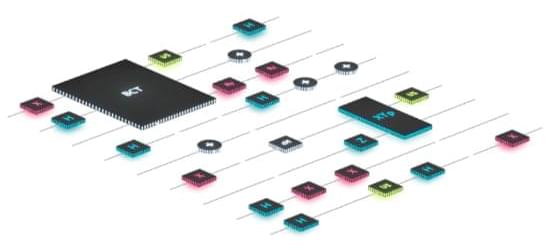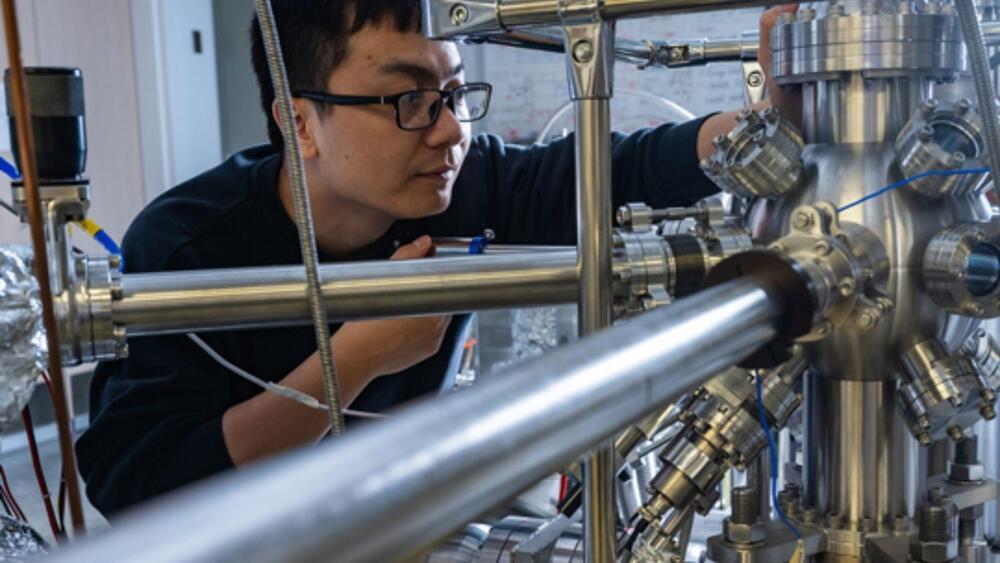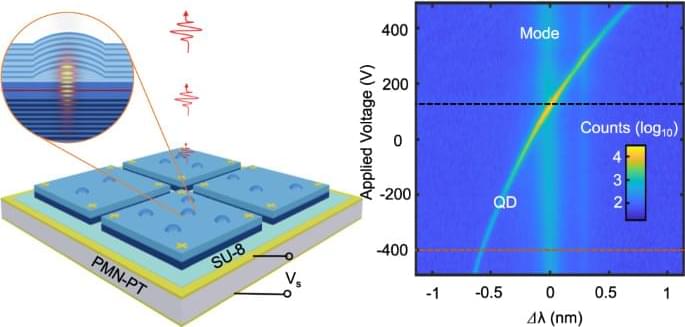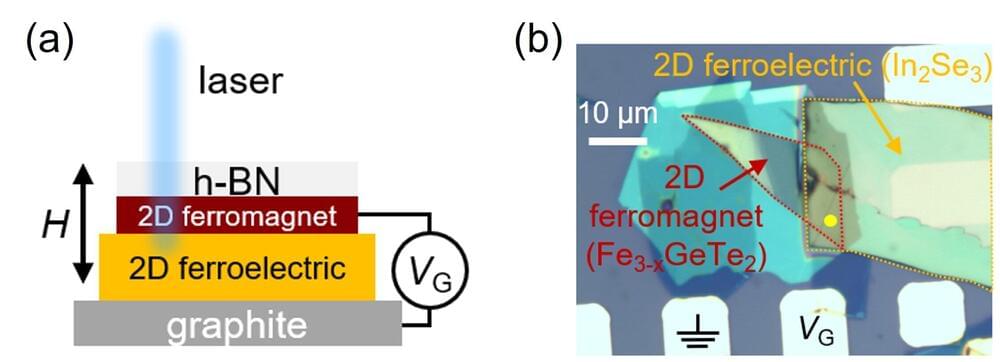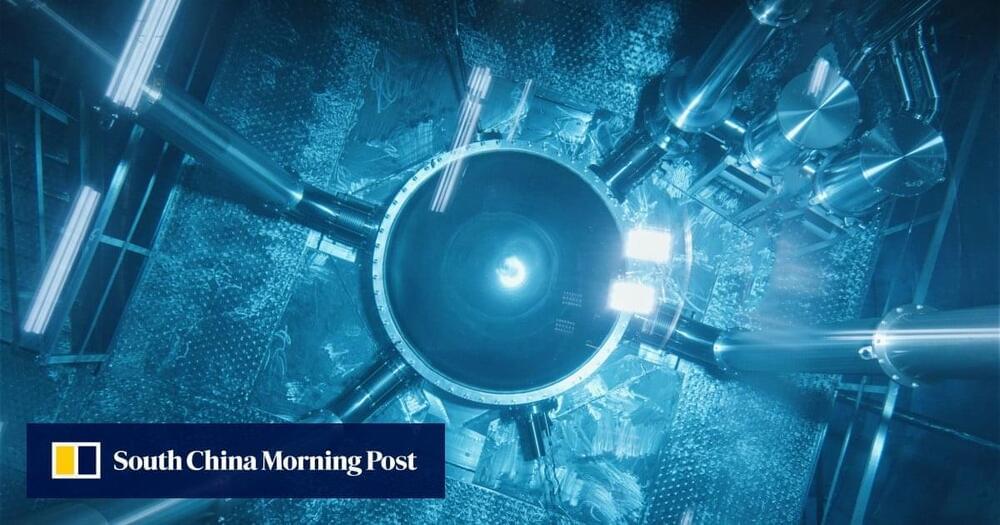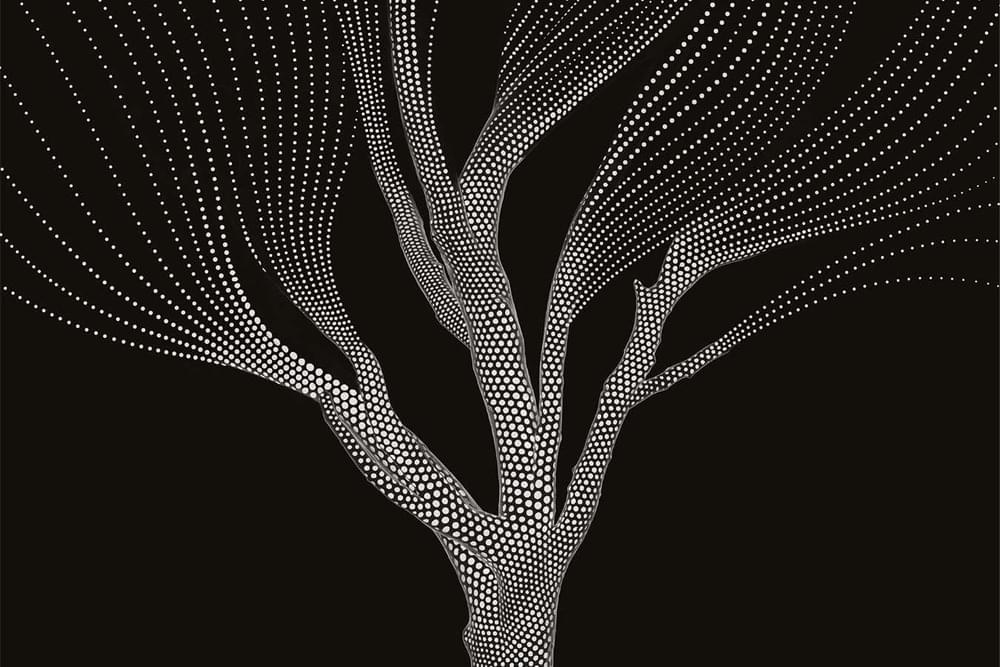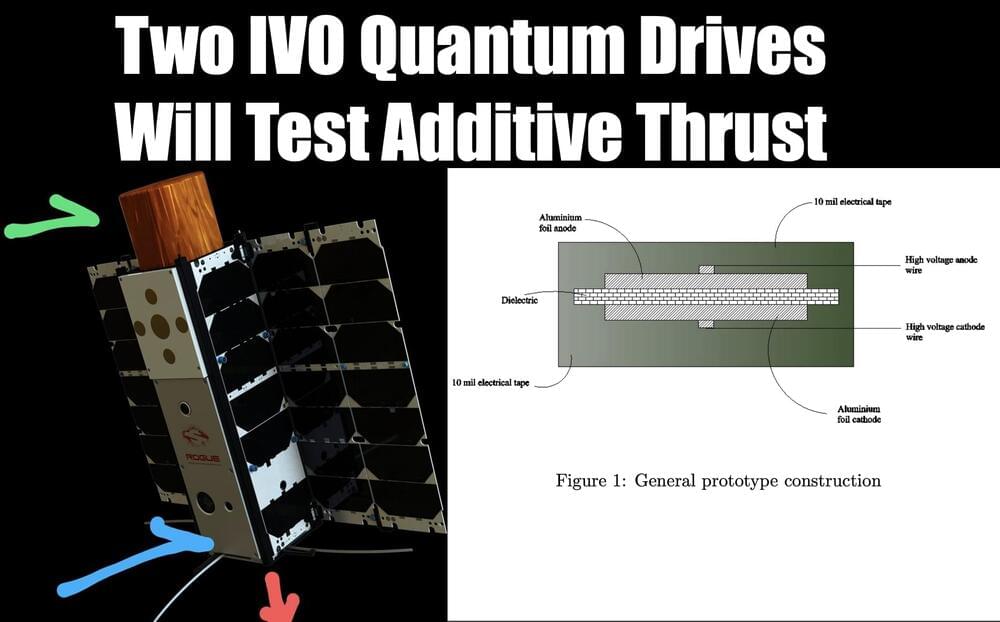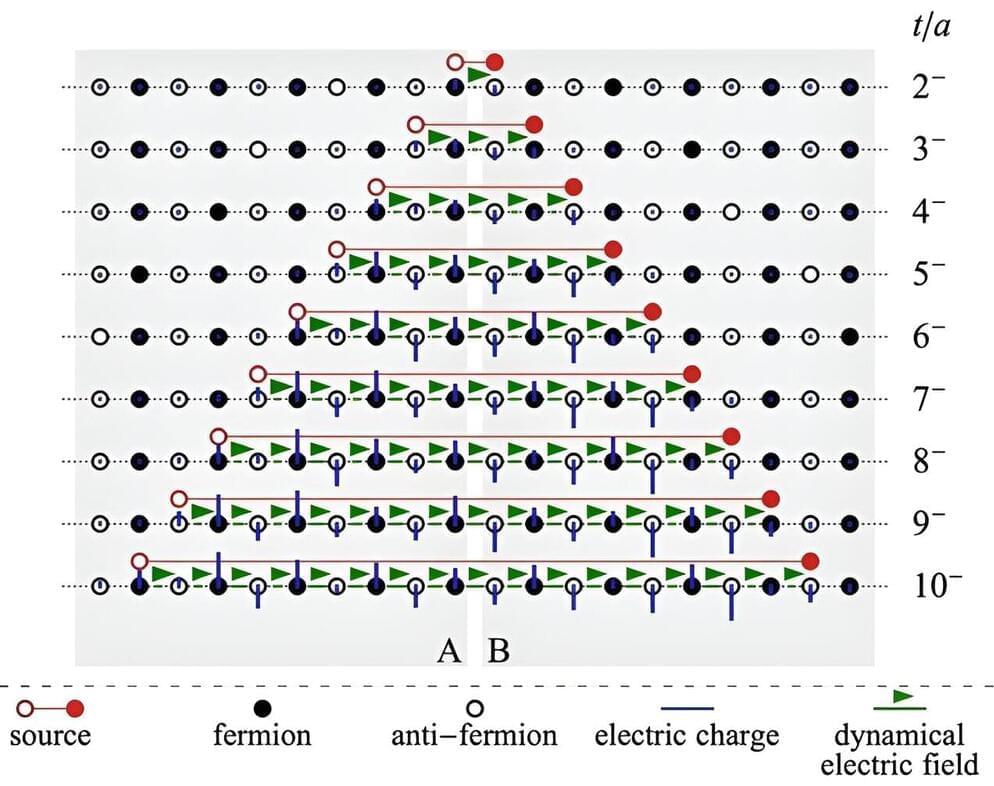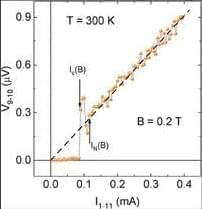Jan 31, 2024
Mastering the quantum code: A primer on quantum software
Posted by Dan Breeden in categories: computing, information science, quantum physics
In the world of quantum computing, the spotlight often lands on the hardware: qubits, superconducting circuits, and the like. But it’s time to shift our focus to the unsung hero of this tale – the quantum software, the silent maestro orchestrating the symphony of qubits. From turning abstract quantum algorithms into executable code to optimizing circuit designs, quantum software plays a pivotal role.
Here, we’ll explore the foundations of quantum programming, draw comparisons to classical computing, delve into the role of quantum languages, and forecast the transformational impact of this nascent technology. Welcome to a beginner’s guide to quantum software – a journey to the heart of quantum computing.
Quantum vs. Classical Programming: The Core Differences.
